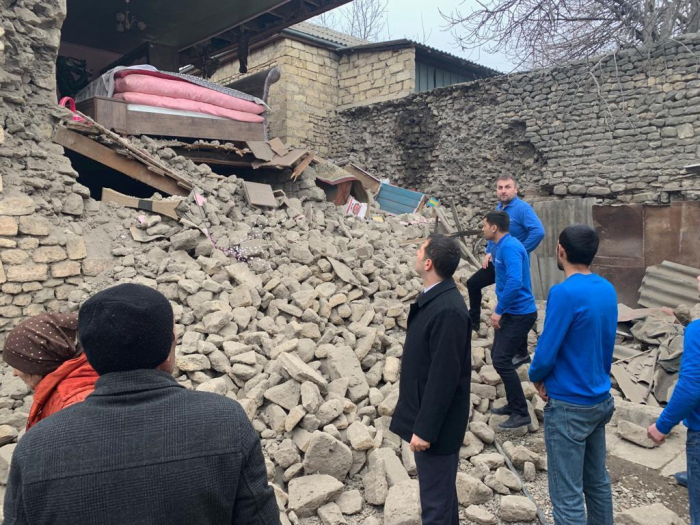THIS IS MY STORY—74
MY JOURNEY THROUGH THE ERA OF AYUB KHAN TO THE TIMES OF IMRAN KHAN.
GHULAM AKBAR…….
CHOU EN- LAI’S
MEMORABLE SARCASM
In hindsight, I tend to agree with what Air Marshal (R) Asghar Khan wrote out of frustration and anger, but at that time my feelings were different. And my frustration when it came, was of a different nature.
In the middle of that short war, the two super powers the Soviet Union and the U.S, for different reasons, had come into action to come to the rescue of India. Had India been trounced in that was the resultant power balance in favour of a Pak-China axis would have hurt the interests of both. The Soviet Union was an open ally of India, and the U.S had a long term objective in mind , of making India a key player in the region. Field Marshal Ayub Khan was subjected to very strong pressure. On September 18, 1965 at around 10am ,the U.S envoy met Pakistan’s President. That was the day the Military command had chosen to launch Pakistan’s all–out counter- offensive. Air Marshal Asghar Khan had gone to China to seek its support, and returned with assurances that Pakistan would not be left alone, in case the war got hotter.
Years later the Air Marshal told me; ”Despite their firm support, the Chinese leaders were skeptical about Ayub Khan’s will to win. Premier Chou-en-Lai said; EVEN AS WE ARE SITTING HERE DISSUSSING OUR RESPONSE TO WAR GETTING HOTTER, PARLEYS ARE UNDERWAY IN ISLAMABAD FOR A CEASEFIRE. WARS ARE NOT WON THROUGH HALF-HEARTED STRATEGIES. THE BEST CHANCE FOR PAKISTAN HAD COME ON SEPTEM BER THE 8th WHEN INDIAN AIR FORCE STOOD ROUTED AND GROUNDED, AND PAKISTAN COULD HAVE USED COMPLETE AIR DOMINANCE TO BOMB KEY TARGETS IN NEW DELHI”.
Remembering these words of the Air Marshal sends chills in my spine.
We certainly had not gone all out – had not opted for a knock-out punch.
China, as a gesture of good-will and support for Pakistan had accused Indian of having entered the Chinese territory and stolen away a number of sheep. The purpose of this allegation was to create tension on the Chinese borders, and to keep India from moving its troops from there to the Pakistan border.




